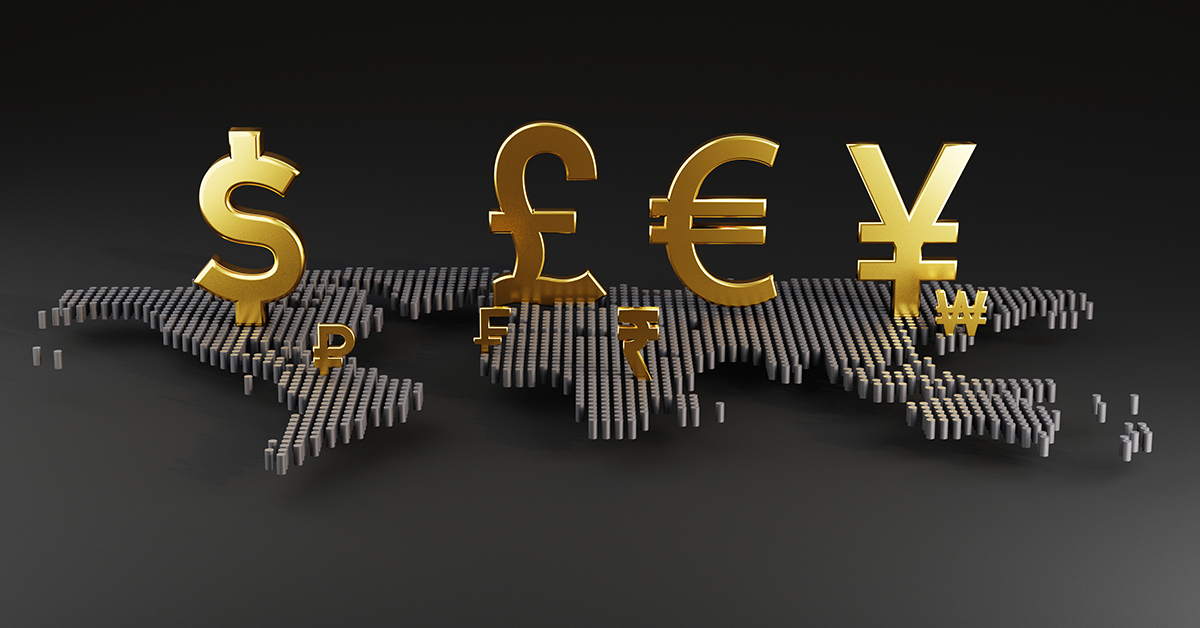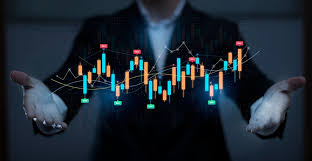
Forex trading has become an increasingly popular way for individuals to invest and make money from the comfort of their own homes. However, with this popularity has come a surge in scams and fraudulent schemes designed to exploit unsuspecting traders. In this article, we will delve into the various types of Forex trading scams, how to recognize them, and the steps you can take to safeguard your investments. We will also discuss reputable forex trading scams Turkish Trading Platforms that you can consider for safe trading.
Understanding Forex Trading Scams
Forex trading scams can take many forms, but they all share a common goal: to rob unsuspecting traders of their money. Knowing the characteristics of these scams is crucial for protecting yourself. The most common types of scams include:
1. Ponzi Schemes
These schemes promise high returns with little risk involved. In a Ponzi scheme, returns are paid to earlier investors using the capital of newer investors rather than from profit earned by the operation of a legitimate business. As long as new investors keep coming in, the scheme can sustain itself. However, once the flow of new investment slows, the scheme collapses, leaving many investors with losses.
2. Signal Seller Scams
Some scammers lure traders by offering to sell trading signals—strategies or recommendations that purportedly boost success rates. While there are legitimate signal providers, many simply take advantage of novice traders. They may charge high fees and deliver little or no value, leaving traders to lose their investments without recourse.
3. Fake Brokers
Fraudulent brokers set up fake websites that appear to offer legitimate trading services. They may utilize slick marketing and claim to have exceptional trading platforms, promising substantial returns. Once individuals deposit their funds, these brokers often become unreachable, leaving investors with pocketed money and no way to recover it.
4. Managed Account Scams
In these cases, traders are persuaded to allow a third party to manage their trading account. Scammers often present themselves as experienced traders who guarantee profits. In reality, they may take your money and either lose it all in bad trades or simply vanish when they’ve accumulated enough funds.

Signs of a Forex Scammer
The following are red flags that may indicate a Forex trading scam:
- Unrealistic promises: Beware of any opportunity that claims you can earn high returns with little to no risk.
- Lack of regulation: Ensure that the broker is regulated by a recognized financial authority. Unregulated brokers have no oversight and are more likely to be scams.
- Poor online presence: If a broker has no credible online reviews or their website looks unprofessional, trust your instincts and proceed with caution.
- High fees: Excessive fees for accessing trading signals, software, or account management can be a sign of a scam.
- Pressure tactics: If you feel rushed into making a decision, it’s a sign to walk away.
Protecting Yourself Against Forex Scams
While the Forex market can be lucrative, it’s essential to navigate it with caution. Here are some strategies to protect yourself from scams:
- Do thorough research: Investigate any broker, platform, or trading opportunity before investing. Look for reviews from multiple sources.
- Verify regulation: Always check if a broker is licensed and regulated by a credible authority, such as the Financial Conduct Authority (FCA) in the UK or the Commodity Futures Trading Commission (CFTC) in the USA.
- Start small: If you’re new to trading, begin with a small investment to test the waters before committing more significant funds.
- Utilize demo accounts: A reputable broker will often allow you to practice trading on a demo account before you start trading with real money.
- Stay informed: Keep up-to-date with the latest Forex news and be aware of the common tactics scammers employ.
Legitimate Trading Platforms
To help you get started in your Forex trading journey, here are some reputable platforms that are well-regarded in the trading community:
- MetaTrader 4 & 5: Widely used by retail traders and recognized for their user-friendly interface and powerful analysis tools.
- eToro: Known for its social trading features, allowing traders to copy the trades of successful investors.
- IG Group: A UK-based broker that offers extensive educational resources and a regulated trading environment.
- OANDA: A solid choice known for its transparent pricing and quality analytics tools.
Final Thoughts
The allure of Forex trading is undeniable; however, the risk of scams is high. By educating yourself about the various types of scams and implementing protective measures, you can significantly reduce your chances of falling victim to fraudulent schemes. Always prioritize due diligence when selecting a broker and trading platform. Remember, the Forex market offers opportunities for financial success, but it’s vital to navigate it wisely and cautiously.